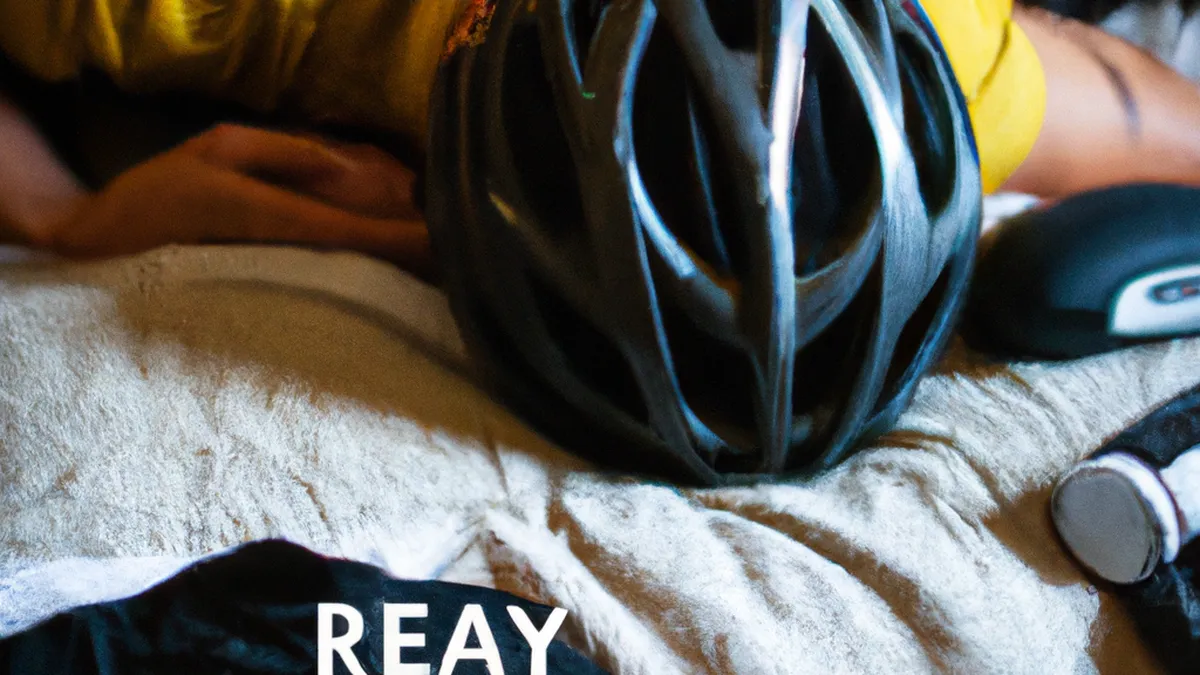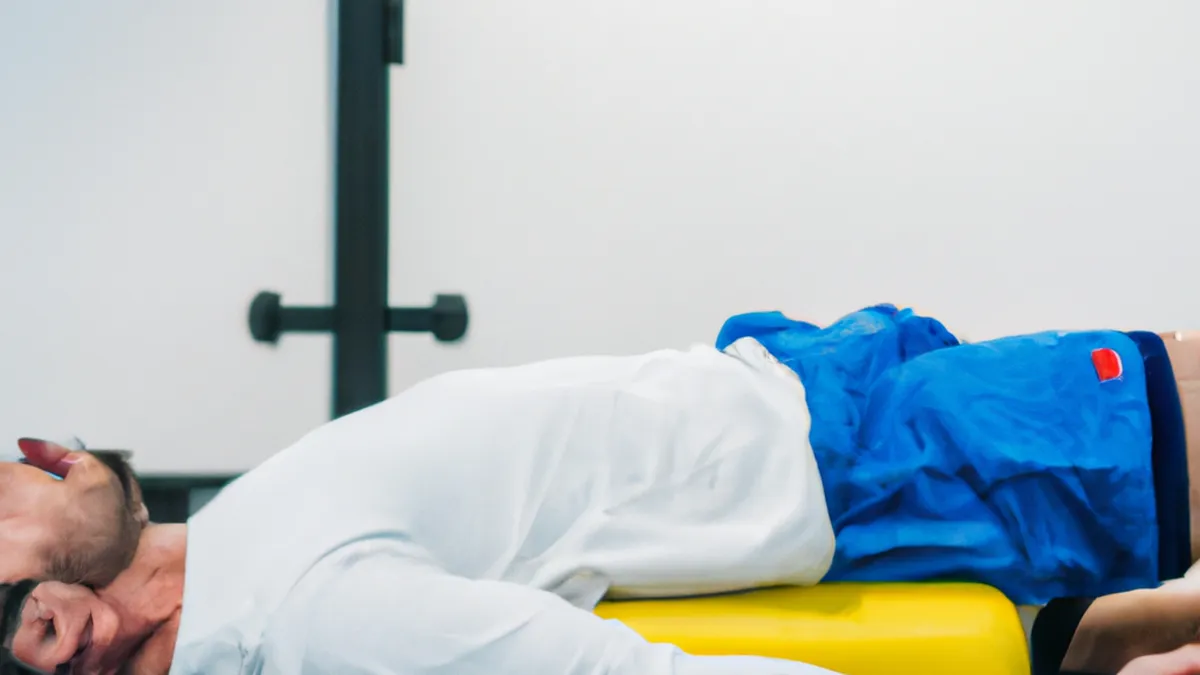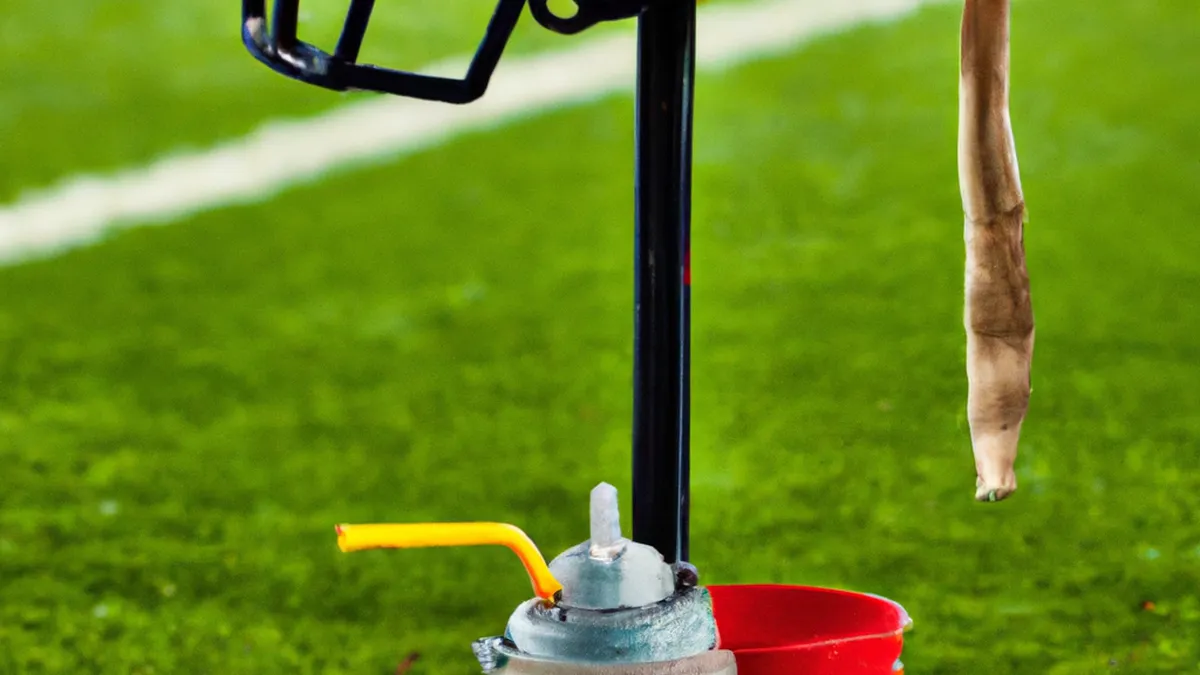7 Sleep Hacks for Cyclists’ Recovery
Sleep Strategies for Optimal Recovery in CyclistsCycling requires both physical and mental endurance. As a cyclist, your performance relies on effective recovery. Sleep plays a crucial role in this process. Quality sleep enhances performance and speeds up recovery. This blog post explores effective sleep strategies for cyclists.
As an Amazon Associate I earn from qualifying purchases.
Gear tip: consider blackout curtains, sleep mask, and white noise machine to support this topic.
Understanding the Importance of Sleep
Sleep significantly impacts recovery. Your body repairs muscles, synthesizes proteins, and releases hormones during sleep. Cyclists need these processes to push their limits daily. Research indicates that sleep deprivation decreases performance, slows recovery, and increases injury risk. Thus, you must prioritize sleep if you are a serious cyclist.
Create a Sleep-Friendly Environment
You can improve sleep quality by focusing on your environment. Here are some strategies:
Keep Your Bedroom Dark
Darkness prompts your body to produce melatonin, the sleep-regulating hormone. Use blackout curtains or an eye mask to block light. Additionally, remove electronic devices that emit blue light, as this interferes with melatonin production.
Maintain a Comfortable Temperature
Aim for a cool room temperature between 60°F and 67°F (15°C to 19°C). A cooler environment lowers body temperature, promoting deeper sleep. Use fans or adjust your thermostat to find a comfortable setting.
Minimize Noise Distractions
Noise disrupts sleep cycles. If you live in a noisy area, use earplugs or a white noise machine. These tools help drown out disruptive sounds, allowing for sounder sleep.
Establish a Consistent Sleep Schedule
Consistency is vital for sleep. Here are tips to maintain a regular routine:
Go to Bed and Wake Up at the Same Time
Aim to go to bed and wake up at the same time each day, even on weekends. This practice helps regulate your body’s internal clock. When your body knows when to sleep, falling asleep and waking up becomes easier.
Limit Naps to 20 Minutes
While naps can be beneficial, long ones may disrupt nighttime sleep. If you nap, keep it to 20 minutes. This duration helps recharge without entering deep sleep, which can leave you groggy.
Avoid Stimulants Before Bed
Caffeine and nicotine disrupt sleep. Avoid these stimulants at least four to six hours before bedtime. Instead, choose herbal teas or other caffeine-free beverages in the evening.
Incorporate Relaxation Techniques
Relaxation techniques can improve sleep quality. Consider these strategies:
Practice Deep Breathing
Deep breathing exercises calm your mind and body. Before bed, inhale deeply through your nose, hold for a few seconds, and exhale slowly. This practice reduces anxiety and promotes relaxation.
Try Progressive Muscle Relaxation
Progressive muscle relaxation involves tensing and relaxing different muscle groups. Start from your toes and work up to your head. This technique releases tension and prepares your body for sleep.
Engage in Gentle Stretching or Yoga
Gentle stretching or yoga before bed eases muscle tension. Focus on stretches targeting your legs and back, areas that endure strain during cycling. This practice promotes relaxation and improves sleep quality.
Benefits of Prioritizing Sleep
Investing in quality sleep offers many benefits for cyclists. First, adequate sleep enhances recovery, allowing muscles to rebuild and repair. Second, improved sleep quality boosts mental focus during rides, helping you make better decisions. Finally, prioritizing sleep enhances your overall mood, making training more enjoyable.In conclusion, cyclists must recognize sleep as a key training component. Create a sleep-friendly environment, establish a consistent sleep schedule, and incorporate relaxation techniques to optimize recovery. The benefits of prioritizing sleep extend beyond recovery; they enhance overall performance on the bike. Commit to improving your sleep habits today. Your body will thank you tomorrow.
Conclusion
Prioritizing sleep is essential for every cyclist. Implement these strategies to enhance recovery and boost performance. Remember, quality sleep isn’t just a luxury; it’s a necessity for achieving cycling goals. Embrace these strategies, and watch your cycling performance soar.
Below are related products based on this post:
FAQ
Why is sleep important for cyclists?
Sleep is crucial for cyclists as it significantly impacts recovery. During sleep, the body repairs muscles, synthesizes proteins, and releases hormones necessary for optimal performance. Without adequate sleep, performance may decrease, recovery slows, and the risk of injury increases.
How can I create a sleep-friendly environment?
To create a sleep-friendly environment, keep your bedroom dark, maintain a comfortable temperature, and minimize noise distractions. Use blackout curtains or eye masks to block light, aim for a cool room temperature between 60°F and 67°F, and consider earplugs or a white noise machine to reduce noise interruptions.
What are some effective relaxation techniques for better sleep?
Effective relaxation techniques include practicing deep breathing, progressive muscle relaxation, and engaging in gentle stretching or yoga. These methods help calm the mind and body, reduce tension, and prepare you for a restful night’s sleep, ultimately enhancing sleep quality.















Post Comment